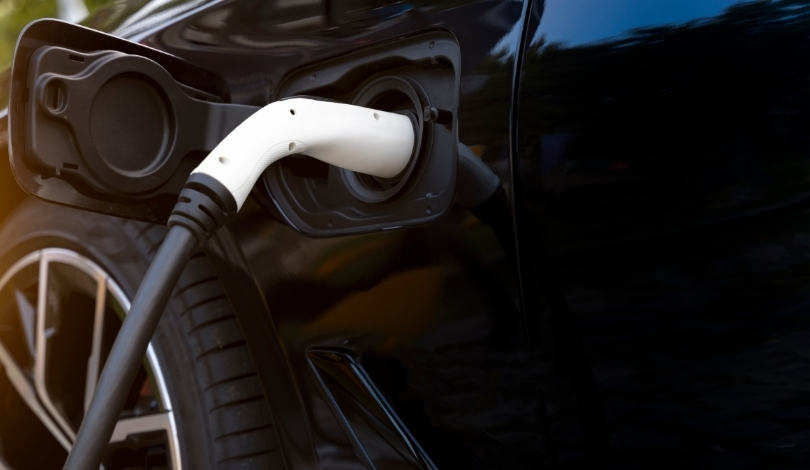The transition team of President-elect Donald Trump is actively developing a federal framework for self-driving vehicles, signaling a strategic focus on the autonomous automotive sector. This initiative aims to streamline regulations, potentially accelerating the deployment of self-driving technologies across the United States. The administration’s prioritization of this industry underscores its commitment to advancing innovative transportation solutions.
Previously, similar efforts to regulate autonomous vehicles faced delays and resistance, hindering widespread adoption. The current push by Trump’s transition team marks a more aggressive approach to establishing comprehensive guidelines. This shift could facilitate quicker integration of self-driving cars into the national transportation infrastructure.
Federal Framework Targets Self-Driving Technology
The U.S. Department of Transportation is set to prioritize autonomy laws, following past challenges in increasing permits for self-driving vehicles. Efforts to lift the National Highway Traffic Safety Administration’s exemption limit from 2,500 to 100,000 vehicles per year have been previously unsuccessful. The transition team is actively seeking policy leaders to craft comprehensive guidelines, potentially easing the regulatory barriers for autonomous vehicle deployment.
Tesla’s Cybercab Could Benefit from New Rules
Tesla‘s forthcoming Cybercab, equipped with Full Self-Driving (FSD) capabilities, stands to gain from the anticipated regulatory changes. Currently, vehicles without traditional controls like steering wheels or pedals face deployment restrictions. A relaxed federal framework may permit mass rollout of such vehicles, accelerating Tesla’s plans to introduce the Cybercab by 2026.
Elon Musk Leads Government Efficiency Department
Elon Musk has been appointed as a co-leader of the Department of Government Efficiency (DOGE), alongside Vivek Ramaswamy. The new department aims to reduce governmental bureaucracy and expenditure. Musk, a prominent supporter of Trump’s campaign, stated,
“Trump must win to preserve the Constitution and democracy.”
His involvement is expected to bridge the gap between Tesla’s technological advancements and federal policy-making.
The establishment of a federal framework for autonomous vehicles under the Trump transition team could significantly reshape the landscape for self-driving technology in the United States. By potentially lifting existing restrictions, companies like Tesla may expedite the introduction of innovative products such as the Cybercab, fostering greater competition within the EV market. Additionally, Elon Musk’s role in the administration may facilitate closer collaboration between the government and leading tech firms, driving advancements in transportation and regulatory practices.










